|
LISTEN TO THIS THE AFRICANA VOICE ARTICLE NOW
Getting your Trinity Audio player ready...
|
Migrant Shipwrecks From Africa
In 2024, the world witnessed a tragic surge in migrant shipwrecks originating from Africa.
In December 2024, the Tunisian authorities recovered the bodies of 20 migrants after a shipwreck off the country’s Mediterranean coast near Sfax, a common departure point for those attempting to reach Europe by boat.

In July 2024, a wooden fishing pirogue carrying approximately 300 migrants from The Gambia capsized near Nouakchott, Mauritania. At least 25 people were killed, and 103 rescued by the Mauritanian Coast Guard.
In October 2024, two vessels carrying migrants from Africa sank in the Red Sea off the coast of Djibouti, resulting in 45 fatalities. The boats had departed from Yemen carrying 310 people.
The International Organization Migration reported that over 1,000 people have died or gone missing in the Central Mediterranean Sea since the start of 2024.
Cyclone Chido Ravages Mayotte
In December 2024, Cyclone Chido emerged as one of the most devastating storms to impact the Indian Ocean region, particularly affecting the French overseas department of Mayotte.
Cyclone Chido originated from an elongated circulation east of Diego Garcia, first identified by Météo-France on December 7, 2024. The system rapidly intensified, reaching the status of an intense tropical cyclone by December 11. It became the most powerful storm to strike Mayotte in at least 90 years. According to the French government, at least 22 people were killed and 1500 injured.
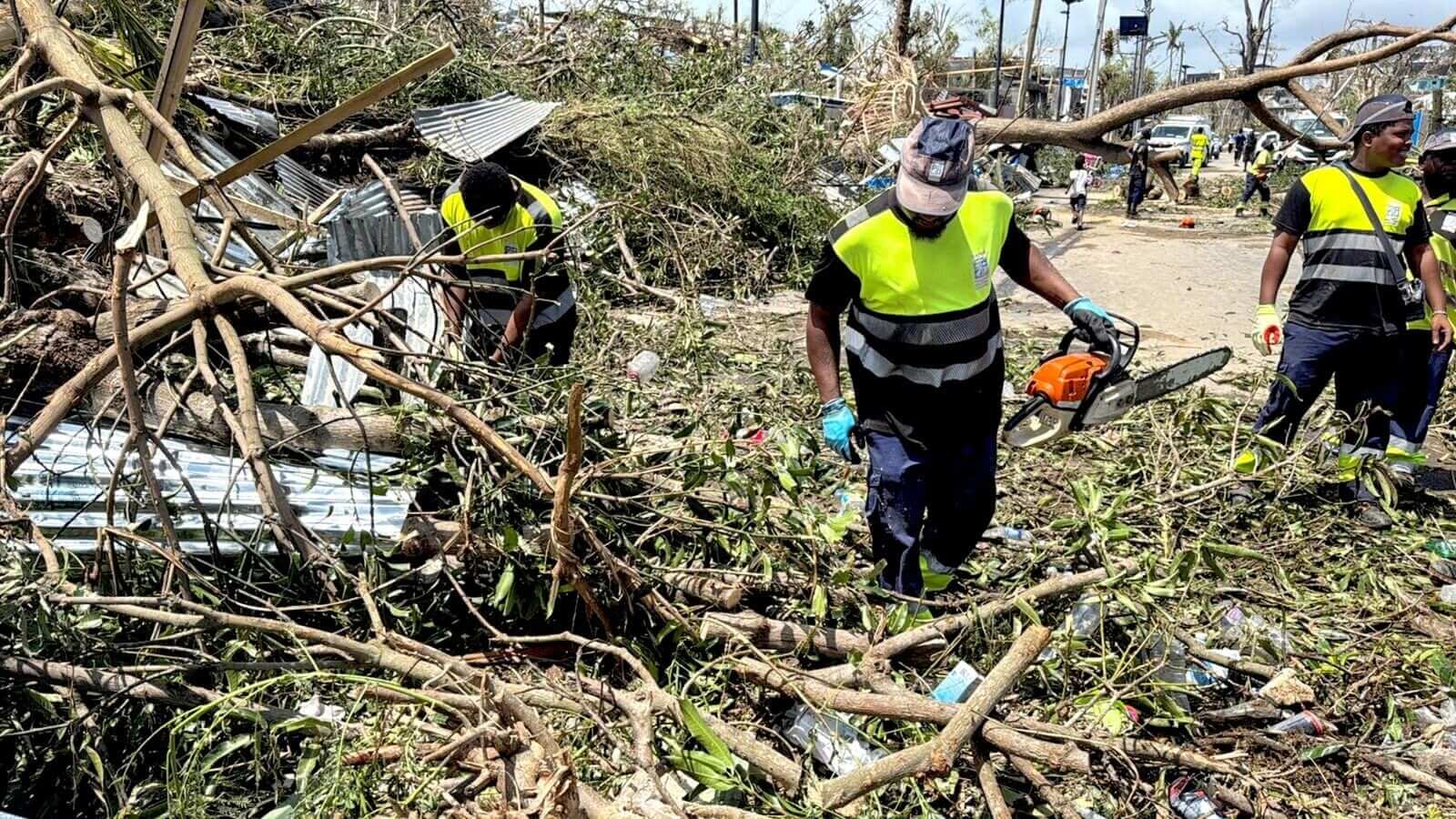
On December 14, 2024, Chido made landfall on Mayotte, bringing hurricane-force winds and torrential rains. The cyclone caused widespread destruction.
Entire neighborhoods, especially hillside shantytowns, were annihilated. Approximately 100,000 people were rendered homeless.
The Election of Donald Trump as US President
Donald Trump’s election as the 47th President of the United States on November 5, 2024, has sparked intense debate, both at home and abroad. While critics voice concerns over his policies’ potential economic, societal, and diplomatic consequences, his supporters view his leadership as a bold step toward reclaiming America’s global and domestic priorities.
Trump’s economic agenda centers on imposing universal tariffs, with a particular focus on Chinese imports, aimed at protecting American industries and reducing reliance on foreign manufacturing. Supporters applaud this approach, arguing it strengthens domestic businesses and revitalizes American manufacturing. However, economists caution that such measures could provoke trade wars, leading to higher consumer prices and destabilizing the global economy.
Domestically, Trump’s rhetoric and policies on immigration remain polarizing. Critics argue that his campaign’s focus on “mass deportations on day one” and promises to punish political opponents instill fear in immigrant communities and deepen societal divisions. Advocacy groups warn that such actions could erode trust in governance and contribute to social unrest. On the other hand, Trump supporters counter that his tough stance on immigration prioritizes national security, protects jobs for American workers, and reflects the will of a substantial portion of the electorate.

Trump’s foreign policy, often characterized by a shift away from traditional alliances, continues to divide opinion. His pledges to reduce NATO funding and diminish support for Ukraine in its conflict with Russia reflect his isolationist approach, which supporters see as a way to redirect resources toward domestic priorities. Critics warn that such actions could weaken America’s global standing and embolden adversaries.
Environmental policy is another contentious area. During his previous term, Trump withdrew the US from the Paris Agreement, citing economic disadvantages. His re-election has alarmed environmental advocates, who fear a rollback of renewable energy initiatives and global climate agreements. As one of the world’s largest carbon emitters, US disengagement from international climate efforts could undermine global progress on addressing the climate crisis.
However, his supporters often downplay these concerns, arguing that his focus on energy independence and traditional industries, like coal and oil, prioritizes economic stability and American jobs.
As Trump prepares to assume office in January, the nation remains deeply divided. While critics foresee economic, international relations, and societal cohesion challenges, supporters remain optimistic about a renewed focus on nationalism and economic growth. What is certain is that Trump’s presidency will again be marked by intense scrutiny and impassioned debate.
The Escalation of the Gaza-Israel Conflict
In 2024, the Gaza-Israel conflict escalated dramatically, resulting in significant loss of life, widespread destruction, and deepening humanitarian crises.
The conflict intensified following a series of events that led to increased hostilities between Israel and Hamas, the governing authority in the Gaza Strip. Israeli military operations targeted various locations within Gaza, including residential areas and infrastructure, citing efforts to dismantle militant operations. Hamas responded with rocket attacks into Israeli territory.
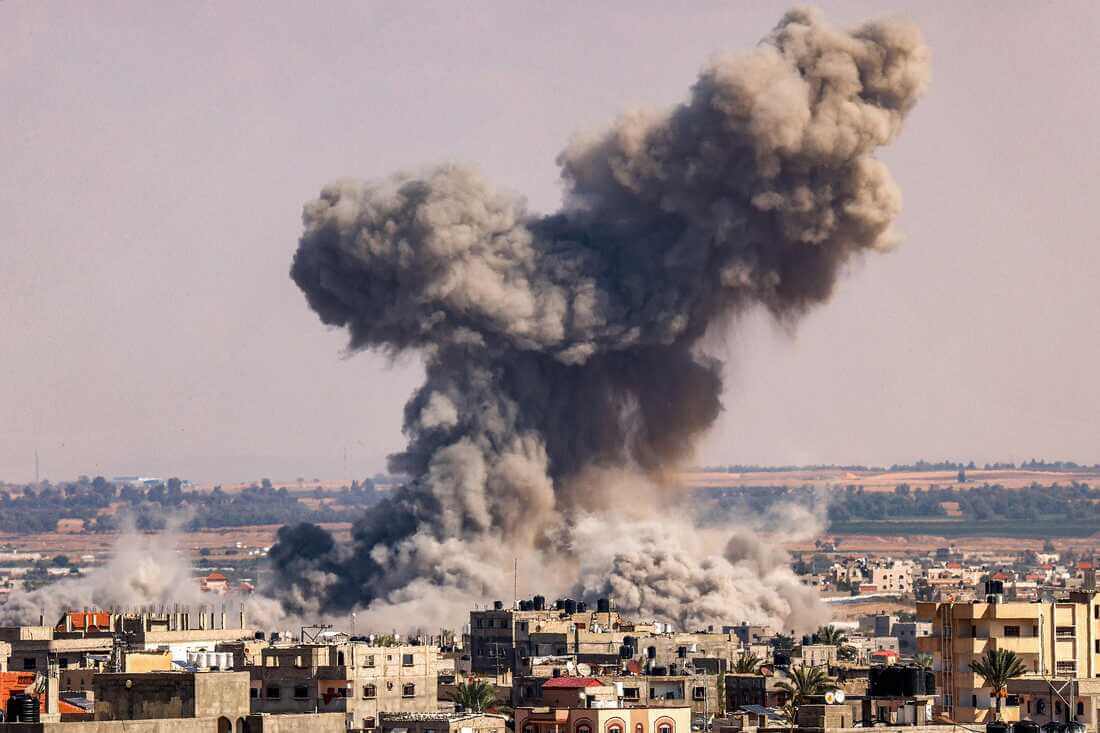
The escalation had a devastating impact on civilians in Gaza. Israeli airstrikes resulted in numerous casualties, including children, and caused significant damage to essential infrastructure. For instance, airstrikes on schools sheltering displaced individuals led to multiple fatalities. The destruction of healthcare facilities further exacerbated the humanitarian crisis, leaving the injured with limited access to medical care.
The Escalation of the Sudan Civil War
In 2024, the civil war in Sudan, which began in April 2023, escalated significantly, leading to a profound humanitarian crisis
The power struggle between the Sudanese Armed Forces (SAF), led by General Abdel Fattah al-Burhan, and the paramilitary Rapid Support Forces (RSF), commanded by Mohamed Hamdan Dagalo (Hemeti), intensified throughout 2024. Both factions sought control over strategic regions, particularly in Khartoum and Darfur, resulting in widespread violence and instability.
In December 2024, the RSF announced plans to collaborate with a proposed new civilian-led government, raising fears of Sudan’s potential partition. The RSF’s control over large parts of central and western Sudan, including Khartoum and Darfur, and the establishment of a parallel administration challenged the internationally recognized government operating from Port Sudan.

The conflict’s escalation had devastating humanitarian consequences. By December 2024, over 12 million people had been displaced. In addition, approximately 25 million people faced acute hunger in 2024 as a result of the war.
The conflict resulted in significant civilian casualties, with reports indicating that at least 20,000 people had been killed, though the actual number is likely higher due to challenges in verifying figures amidst ongoing fighting and the collapse of the health system.
Foreign involvement exacerbated the conflict. Reports indicated that nations such as the United Arab Emirates (UAE) and Russia provided support to the warring factions, intensifying the violence. The U.S. Secretary of State, Antony Blinken, urged these countries to cease actions that deepened the conflict and announced an additional $200 million in humanitarian aid to Sudan.
Haitian Gangs Violence and Massacre
In 2024, Haiti experienced a significant escalation in gang-related violence, leading to severe humanitarian crises and widespread instability.
Since the assassination of President Jovenel Moïse in 2021, armed gangs have expanded their influence, controlling approximately 80% of Port-au-Prince by 2024. This dominance has resulted in rampant criminal activities, including kidnappings, extortion, and violent confrontations.
The surge in violence has had devastating effects on the civilian population. Between July and September 2024, gang-related incidents resulted in 1,745 casualties. Approximately 700,000 individuals have been displaced due to the ongoing violence, with nearly half of the population requiring humanitarian assistance.
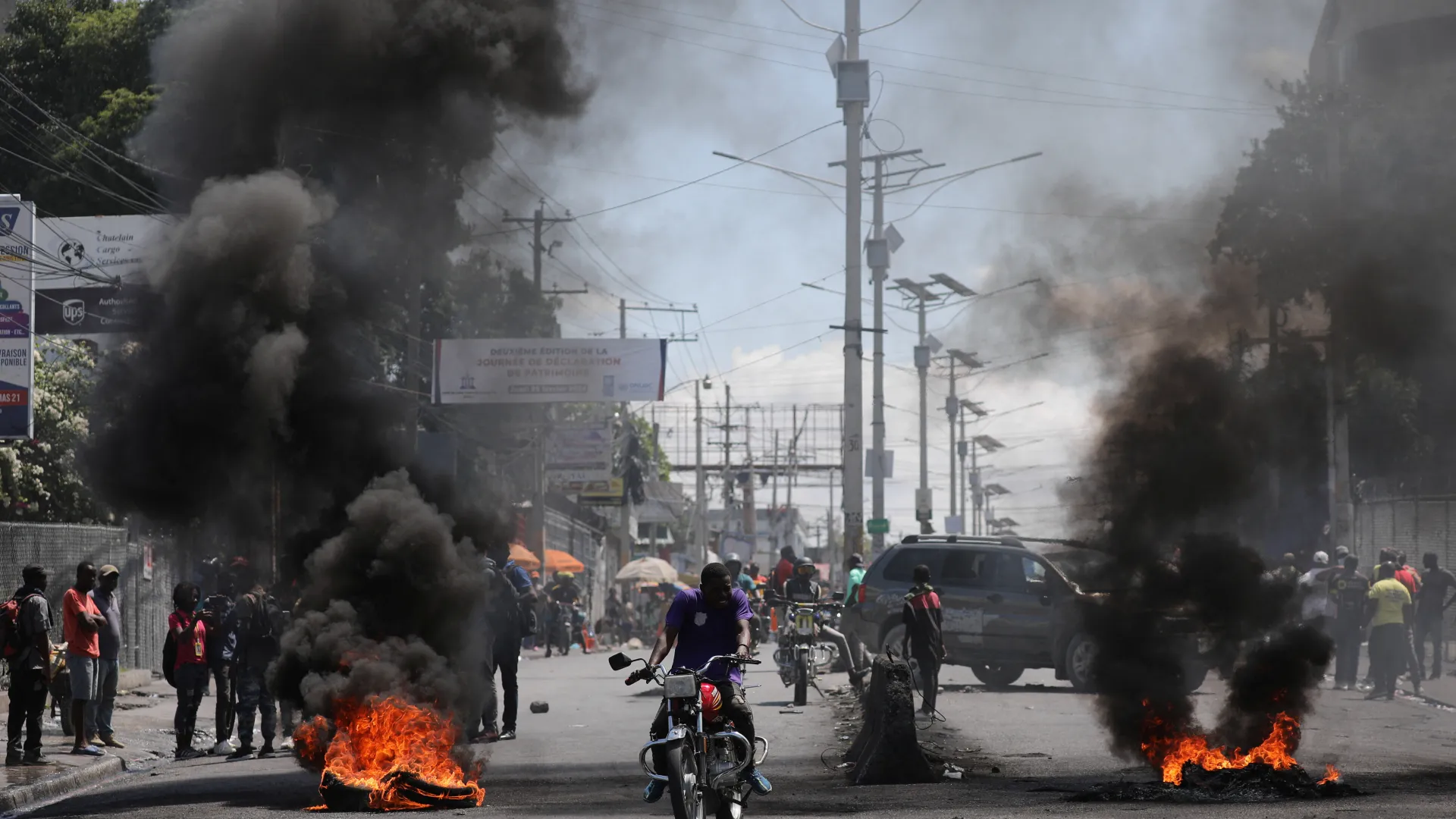
In addition, there has been a 70% increase in the recruitment of children by gangs, with minors constituting 30% to 50% of gang members. Boys are often used as informants or armed participants, while girls face domestic servitude and sexual exploitation.
In December 2024, The Wharf Jeremie gang perpetrated a massacre in Cité Soleil, targeting elderly practitioners of Haitian Vodou. The attack resulted in at least 184 deaths, making it the deadliest gang incident in Haiti for the year.
The pervasive violence led to significant disruptions. In transport, major airlines, including American Airlines, suspended flights to Haiti due to security concerns.
Furthermore, attacks on medical facilities forced organizations like Doctors Without Borders to suspend operations in the Caribbean nation.
In response to the escalating crisis, a Multinational Security Support Mission (MSSM) was deployed, involving contingents from Kenya, Jamaica, and Belize. However, due to challenges such as insufficient staffing, equipment, and funding, the mission struggled to effectively address the situation.
Mozambique Ferry Disaster
On April 7, 2024, Mozambique experienced one of its deadliest maritime tragedies when the Zico, a repurposed fishing boat, sank off the coast of Nampula Province. The vessel, overcrowded with desperate passengers fleeing a cholera outbreak, succumbed to the weight of its passengers, resulting in a devastating loss of life. At least 98 people, including children, perished, while 12 survivors were rescued. Many remain missing, with estimates suggesting 20 to 40 individuals were unaccounted for.
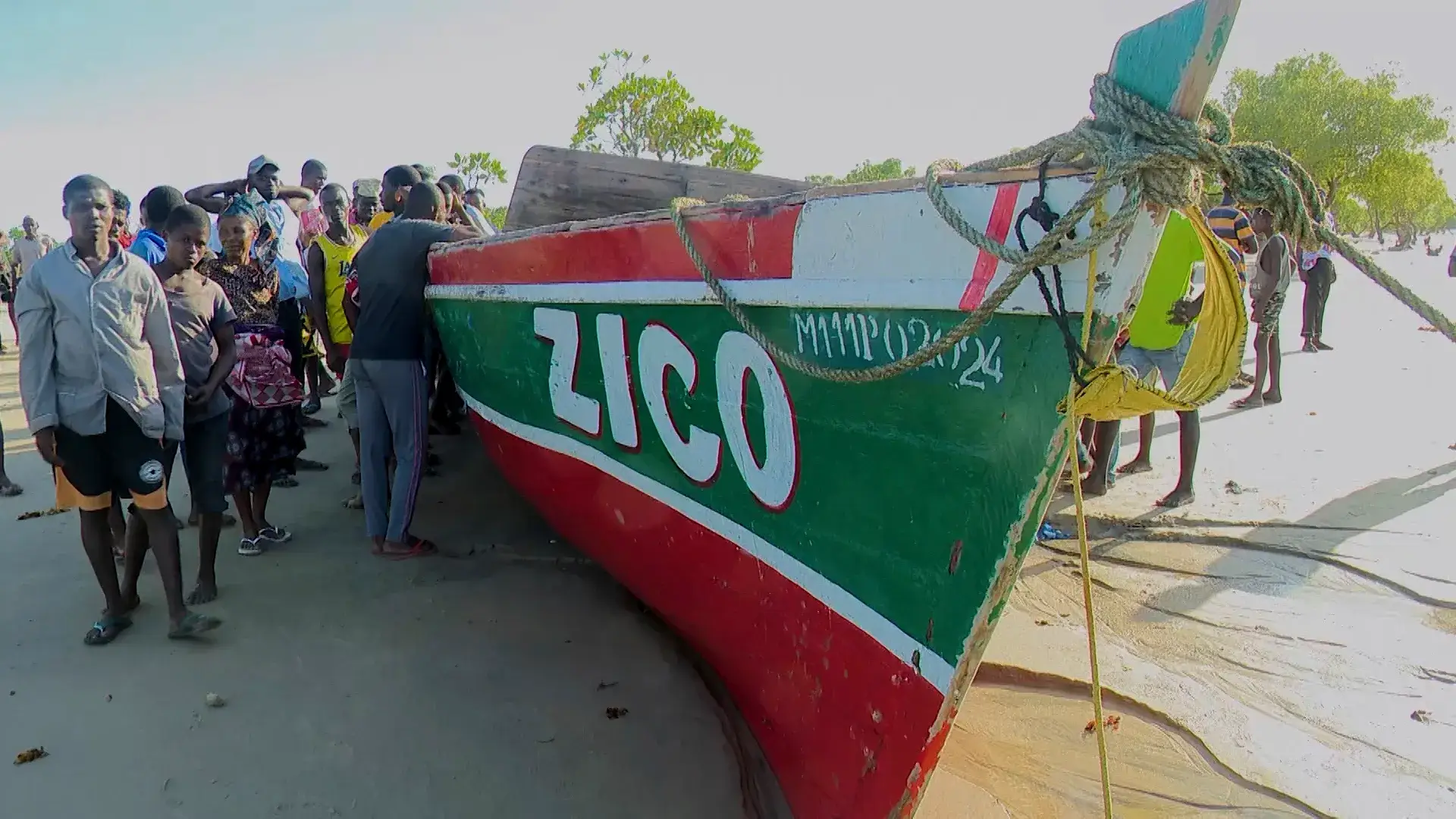
The Zico was en route from Lunga in Mossuril District to the Island of Mozambique, carrying approximately 130–150 passengers. Most of these individuals were escaping the cholera epidemic ravaging the mainland, particularly in Nampula Province. Others were traveling to attend a fair on the island.
The Bangladesh Protests
In 2024, Bangladesh experienced a significant political upheaval marked by widespread protests that culminated in the resignation and exile of Prime Minister Sheikh Hasina. The unrest, primarily driven by student-led movements, highlighted deep-seated issues within the nation’s governance and societal structures.
The catalyst for the unrest was the Supreme Court’s decision on June 5, 2024, to reinstate a 30% quota in government jobs for descendants of freedom fighters, reversing a 2018 government decision that had abolished such quotas. This reinstatement was perceived as limiting opportunities for merit-based candidates, leading to widespread dissatisfaction among students and job seekers.

The government’s response to the peaceful demonstrations was marked by violence and repression. Security forces employed excessive force, including live ammunition, resulting in significant casualties. Reports indicate that at least 200 people were killed, thousands injured, and numerous arrests were made during the crackdown. Additionally, the government imposed internet shutdowns to curb the mobilization of protesters and control the flow of information.
In the wake of Hasina’s departure, the military announced the formation of an interim government, pledging to oversee a transition to democratic governance. Nobel laureate Muhammad Yunus was appointed to lead this interim administration, with a mandate to implement necessary electoral reforms and restore stability. Yunus indicated that elections might be conducted by the end of 2025, contingent upon the completion of these reforms.
Iran’s President Killed in Helicopter Crash
On May 19, 2024, a tragic helicopter crash in East Azerbaijan province, near the village of Uzi, Iran, resulted in the deaths of several high-ranking officials, including President Ebrahim Raisi and Foreign Minister Hossein Amir-Abdollahian.
The officials were returning from the inauguration of the Qiz Qalasi Dam, located on the Azerbaijan–Iran border. The helicopter, identified as a Bell 212, encountered severe weather conditions, including dense fog, which led to the crash. All eight occupants on board, comprising five passengers and three crew members, perished in the accident.
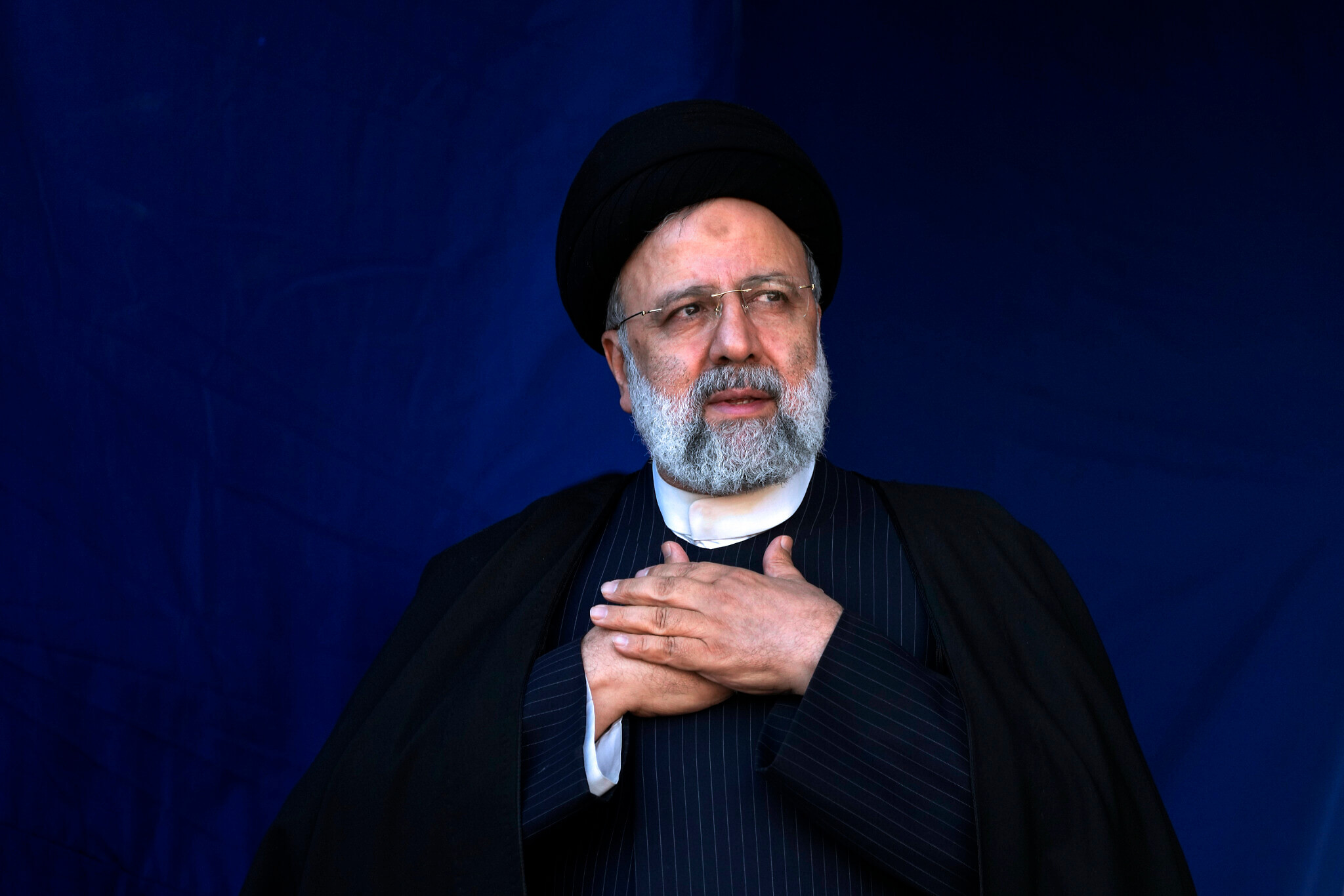
Rescue teams faced challenging conditions due to the mountainous terrain and adverse weather but eventually located the wreckage. The Iranian government declared five days of national mourning. First Vice President Mohammad Mokhber was appointed as the acting president, with plans to hold a presidential election within 50 days, as mandated by Iranian law.
Supreme Leader Ayatollah Ali Khamenei led funeral prayers, and tens of thousands attended the funeral processions in Tehran and other cities.
Death of Malawi’s Vice President in a Plane Crash
The tragic death of Malawi’s Vice President, Saulos Klaus Chilima, on June 10, 2024, marked a significant loss for the nation and the African continent.
Born on February 12, 1973, in Ntcheu, Malawi, Chilima was a distinguished economist and politician. He served as Vice President from 2014 to 2019 and again from 2020 until his untimely death in 2024. He was also the leader of the United Transformation Movement (UTM) and was anticipated to be a strong contender in the 2025 presidential elections.
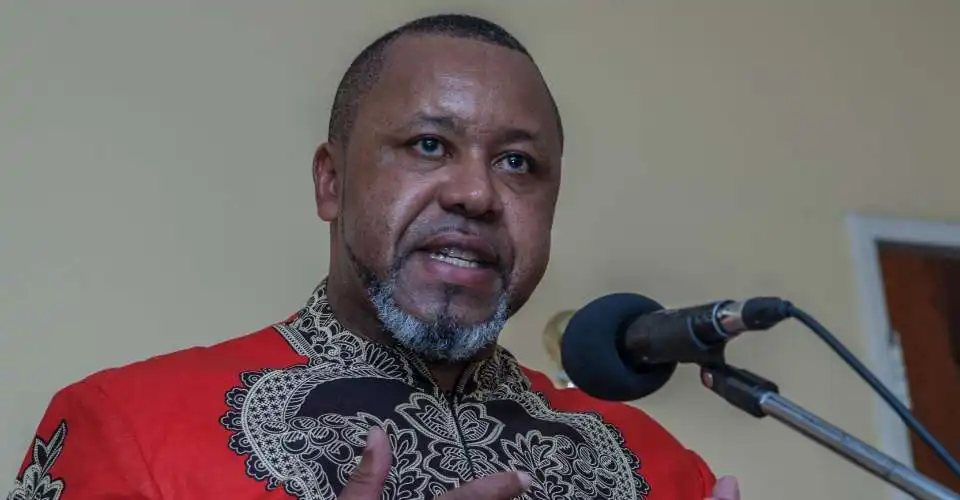
On June 10, 2024, Vice President Chilima boarded a Malawi Defence Force Dornier 228 aircraft, departing from Kamuzu International Airport in Lilongwe, destined for Mzuzu Airport in the Northern Region. The purpose of the trip was to attend a funeral. Accompanying him were nine others, including former First Lady Patricia Shanil Muluzi. Shortly after takeoff, the aircraft encountered severe weather conditions and lost contact with air traffic control. Eyewitnesses reported seeing the plane crash in the Chikangawa Forest Reserve. A search and rescue operation ensued, and the the wreckage was discovered on June 11, with no survivors.
An inquiry into the crash concluded that adverse weather conditions and human error were primary factors leading to the accident.





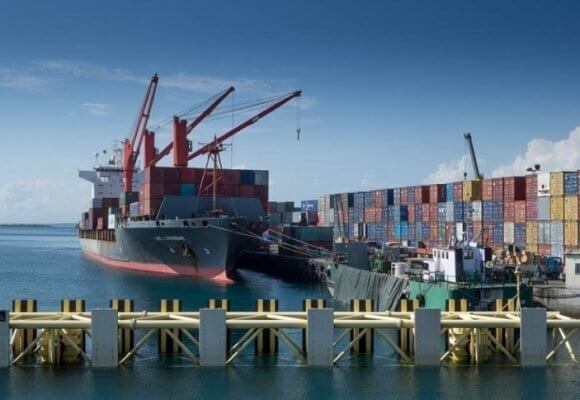

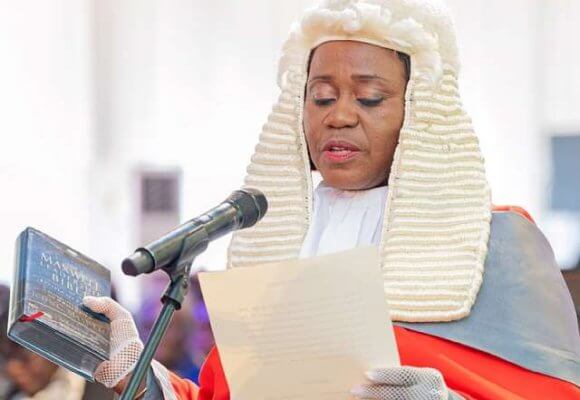
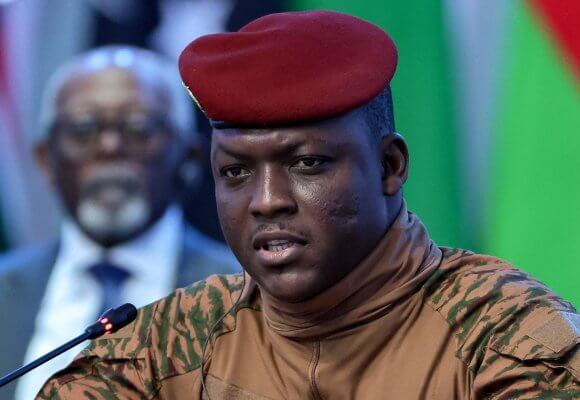


LEAVE A COMMENT
You must be logged in to post a comment.